The Hidden Burnout Tax: Why HR’s Energy is the Most Valuable (and Overlooked) Resource
Last week I was facilitating a client’s leadership meeting and had an aha moment about how disconnected the leadership team was from the struggles of their HR team. Leadership relies on HR day in and day out for so many things, without realizing the emotional labor HR team members have been carrying. I heard all about it over drinks later when the HR team vented their frustrations after the meeting.
Burnout in HR isn’t just about long hours or endless meetings. It’s about the hidden tax HR professionals pay every single day.
It’s the emotional labor of carrying everyone else’s stress.
It’s the “quick questions” that never stop.
It’s the whiplash of switching from crisis management to strategy, sometimes in the same hour.
And here’s the kicker: this tax doesn’t show up on the budget line, but it drains something far more valuable: your energy.
The Unseen Cost of Burnout
When leaders look at HR, they often think about compliance, processes, or policies. What they forget is the hidden currency you’re constantly spending: your mental and emotional capacity.
Signs the tax is already being deducted:
You’re short-tempered with your team in ways you never used to be.
You feel bone-deep exhaustion before the week even begins.
The things that once sparked passion now feel like chores.
And the longer the tax goes unpaid, the more it compounds, leading to disengagement, health issues, and ultimately, HR turnover.
Why HR Burnout Is Everyone’s Problem
Organizations often treat HR burnout as a “personal” issue, but let’s be clear: when HR collapses, so does culture.
Think about it:
Who’s onboarding new hires? HR.
Who’s coaching managers in crisis? HR.
Who’s designing the recognition, engagement, and retention strategies? HR.
When HR is depleted, the ripple effect hits every part of the business: engagement scores drop, turnover rises, and leaders lose confidence in culture.
Protecting Your Energy: Practical Shifts
Track Energy, Not Just Time
Instead of logging hours, log energy. Notice which tasks light you up and which ones drain you dry. Restructure your week to minimize the drainers.
Educate Leaders on the Cost
Burnout in HR is not just about one role, it’s an organizational risk. Help leaders see that when HR is maxed out, the business pays the price.
Invest in Your Own Recovery
Block time for activities that restore you. Think beyond bubble baths: what genuinely helps you reset? Sleep, coaching, creativity, movement—treat them as strategy, not luxury.
The Bottom Line
You wouldn’t ignore a financial tax piling up without being paid.
Don’t ignore the hidden burnout tax you’re paying every day.
Protecting your energy isn’t indulgence. It’s leadership.
And if no one else says it, I will: your energy is the most valuable resource in the organization. Treat it that way.
